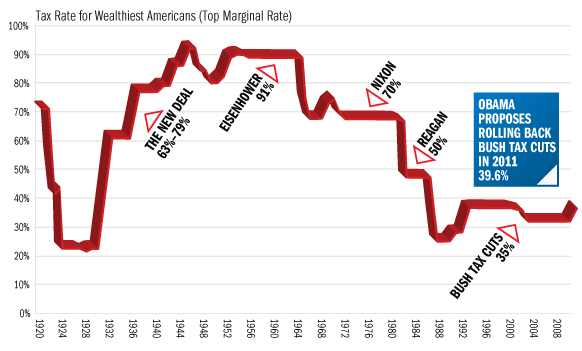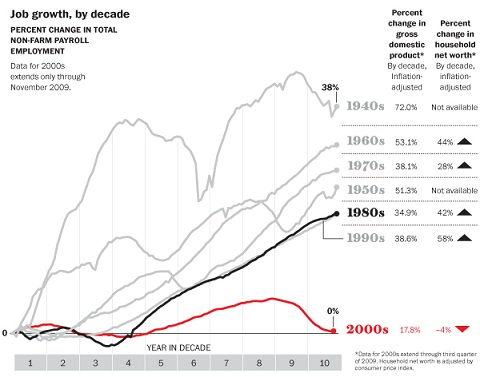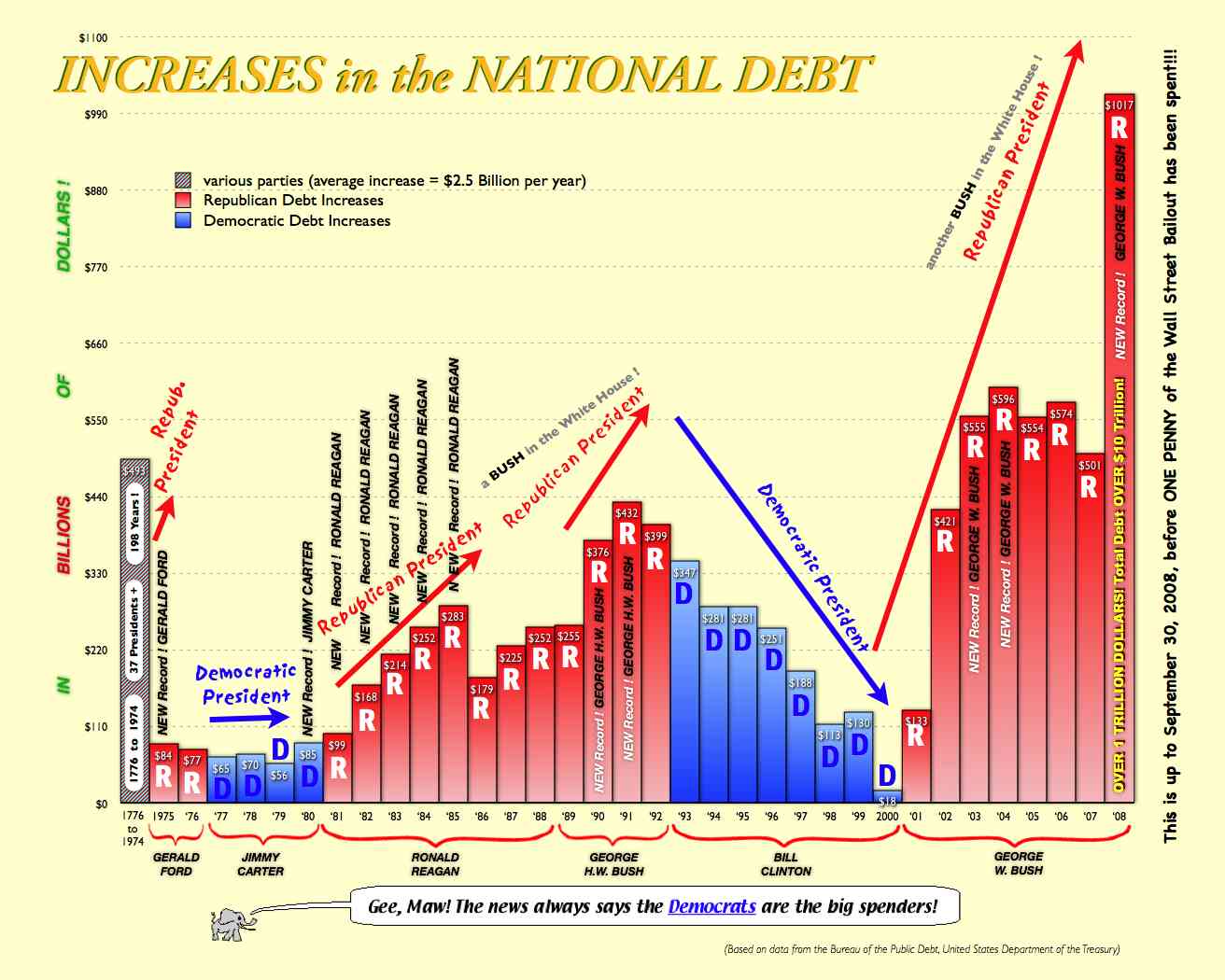- Thread starter
- #41
You can watch the whole video or cut to time frame 3:49 Charlie Gibson asked obama in the 2008 democratic debat. "why raise taxes when lower taxes brings in more money" Or something like that.
http://www.youtube.com/watch?v=akLlxxWaJZM&feature=related
He wasn't talking about income taxes, he was talking about capital gains taxes. And that's a red herring because of course folks are more likely to cash in on capital gains when their tax rate is low.
Duh!
You're the first one to mention income tax I haven't DUH. Charlie Gibson is not a friend to conservatism but he said it lower taxes brings in more tax revenue then when you raise taxes. and obama did not disagree with him. He wants to raise taxes to make everybody financially equal.










